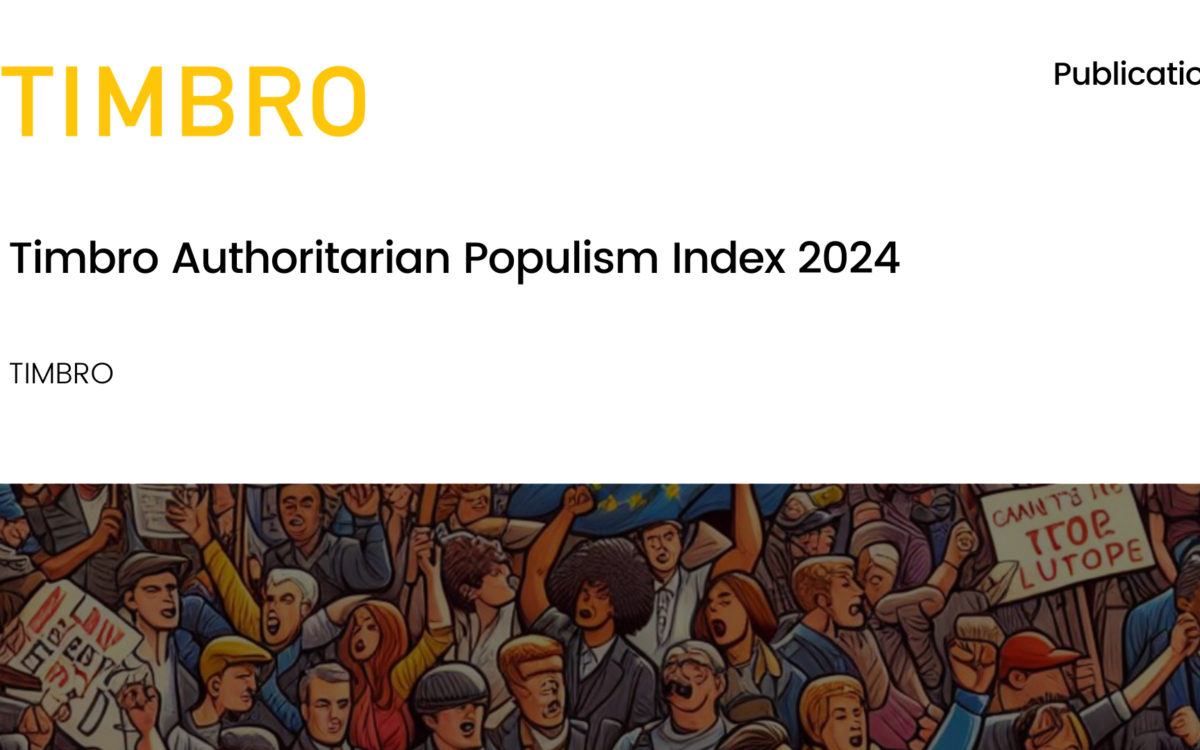Skill Mismatch: the New Challenge for Spain

Skill Mismatch: the New Challenge for Spain
April 2017
As the Spanish economy recovers, rethinking education reform should be a top priority. Spanish workers are Europe’s most overqualified, but also suffer from the greatest skill mismatch, lacking the skills necessary for their jobs.
Spanish tertiary education is poorly adapted to the needs of a knowledge-based economy and vocational training is insufficient. Out of sync with the labour market, it causes companies to struggle in finding employees with the right skills.
However, Spain does not have too many university-educated people as is commonly alleged. Rather, it lacks corresponding job opportunities. Spanish leaders must act to stimulate more entrepreneurship and encourage employers to expand their businesses, while also making sure that the publicly funded education system gets better at meeting employers’ demands for particular skills.
Spain is currently running the risk of creating further indignation among the millions who are trapped with excessive education on paper and inadequate skills in reality. This could trigger a renewed authoritarian wave if Spanish leaders do not properly recognise the magnitude and urgency of Spain’s skill mismatch problem.
Download or share this publication
View the PDF
EPICENTER publications and contributions from our member think tanks are designed to promote the discussion of economic issues and the role of markets in solving economic and social problems. As with all EPICENTER publications, the views expressed here are those of the author and not EPICENTER or its member think tanks (which have no corporate view).



